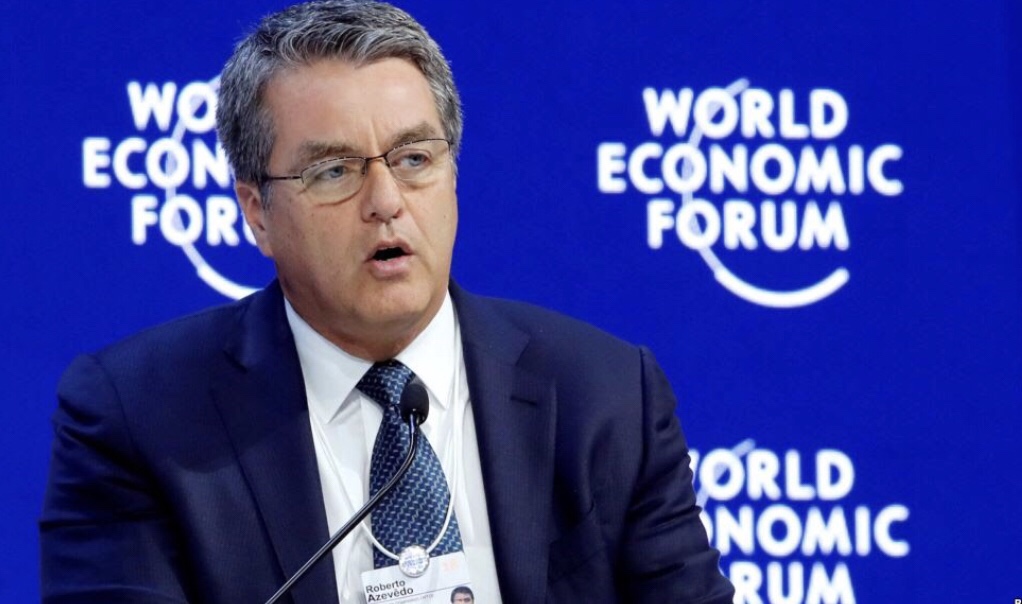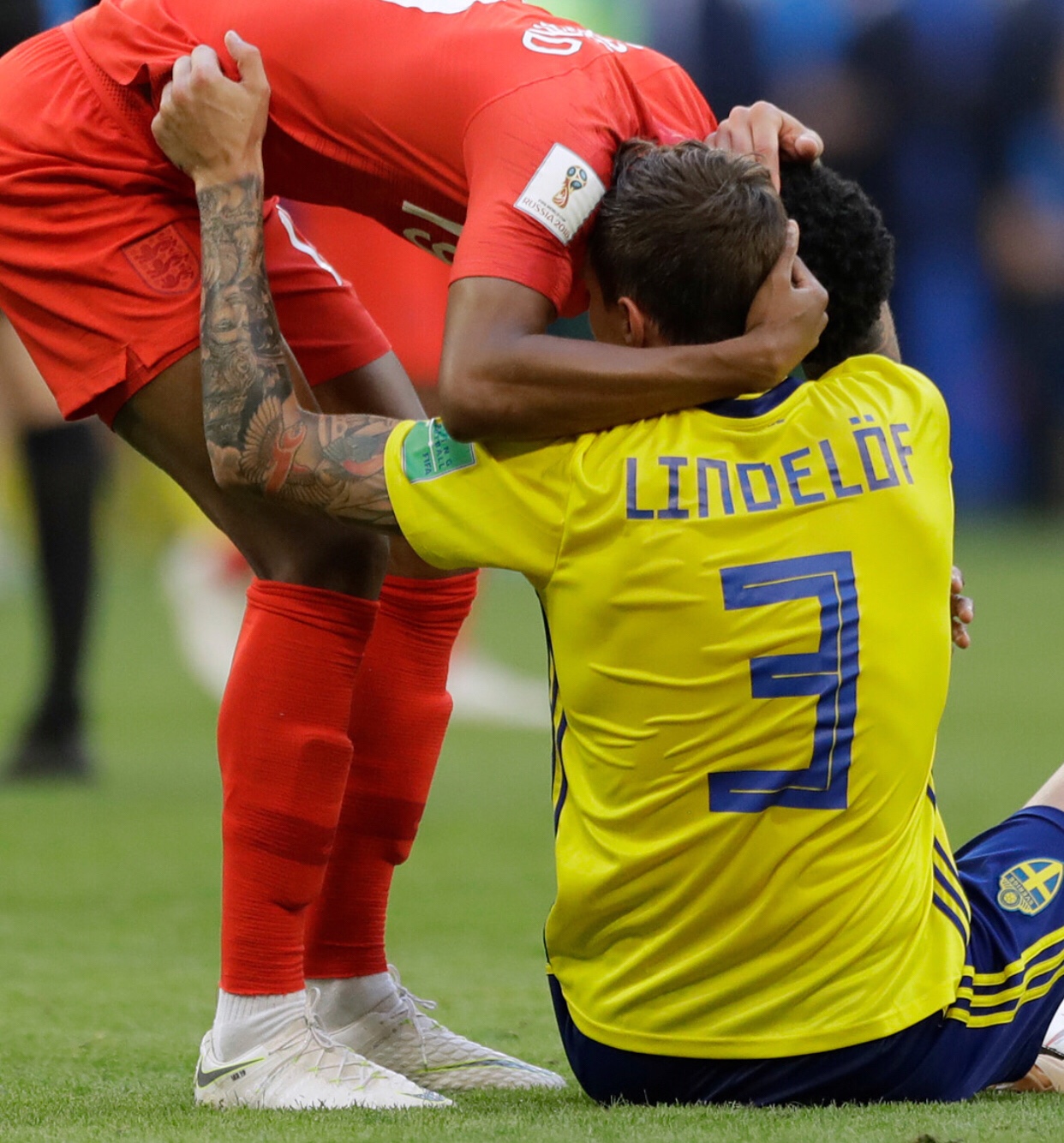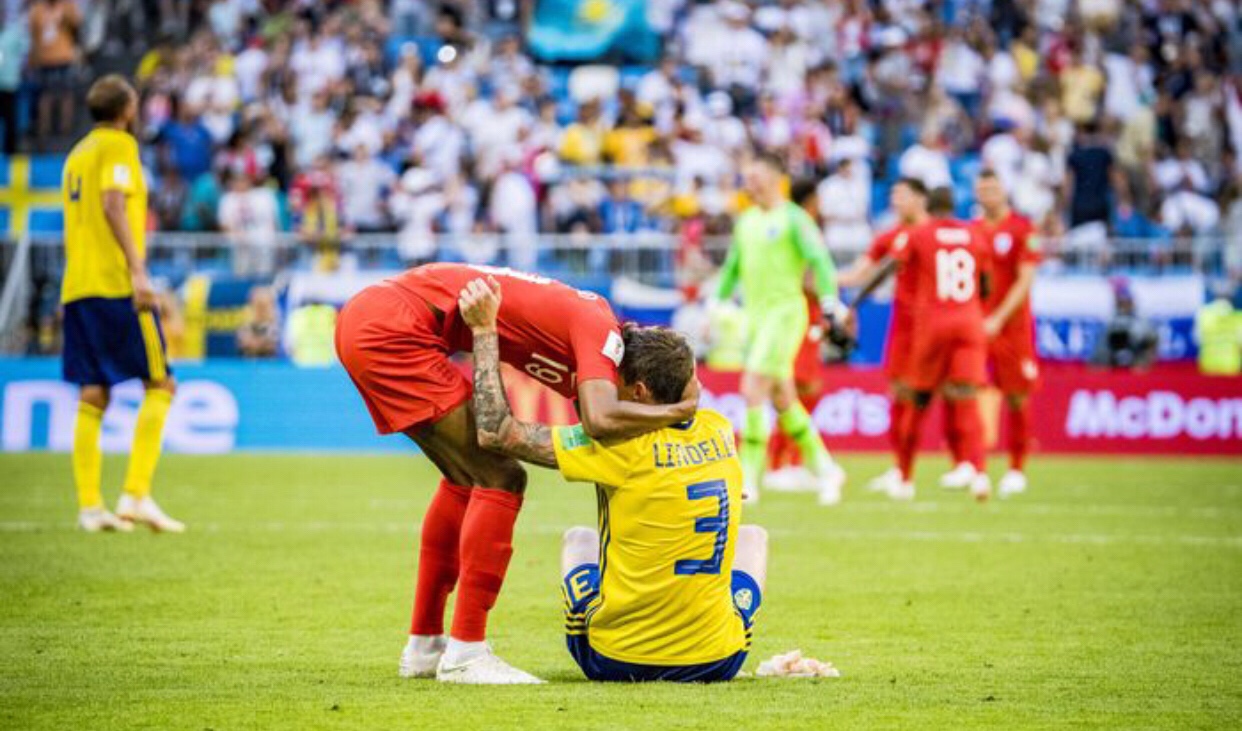The World Trade Organization is urging nations to resolve trade tensions, warning that restrictive trade measures would have a harmful impact on the global economy.
The group refuses to weigh in on what appears to be the start of a trade war between the United States and China, the world’s two biggest economies. China has reacted to Washington’s decision to slap 25 percent tariffs on $34 billion worth of Chinese goods by reciprocating in kind.

While the Geneva-based WTO will not comment on specific actions, the organization’s director-general, Roberto Azevedo, has sent out a series of tweets warning nations against giving in to protectionist impulses.
Azevedo says a new WTO monitoring report on trade measures enacted by the G-20 countries indicates a disturbing increase in trade restrictions by major economies. In his tweet, the WTO chief says recent developments show that more restrictive measures are on the way.
His spokesman, Dan Pruzin, says Azevedo fears the deterioration in trade relations may be worse than previously anticipated and is likely to have very serious consequences.
“The fallout from these measures is already being felt,” Pruzin said. “Companies are hesitating to invest, markets are getting jittery, some prices are rising. With further escalation, the effects would only grow in magnitude, hitting jobs and growth in the countries involved and sending economic shock waves around the world.”
President Donald Trump has threatened that the United States might quit the WTO if it is not treated fairly.
“I will just say that no U.S. official in Geneva has given any indication in any of the meetings here in Geneva that the United States intends to withdraw from the WTO,” Pruzin told VOA.
WTO chief Azevedo is urging all parties to sit down and discuss ways of tackling the issues at the root of the growing trade tensions.
Sometimes football really is the beautiful game. Witout the diving, fallling, rolling.

Victor Nilsson-Lindelöf and Marcus Rashford normally both plays for Manchester United.
World Cup 2018 is over for Sweden, yesterday we lost the quarterfinal against England with 0-2. England won sonce they were a better team yesterday. We did not do a good first half, while we had three really open good chabces to score in the second half – everytime denied by Pickford in the England goal, that was fantastic.

Anyway, we are Top 8 in the world after beating Netherlands, France, Italy, Mexico, Switzerland and knocking out Germany. Not do bad for a young new team from a small country, and we did it wothout Zlstan Ibrahimovic, even though it would have been another game yesterday with Zlatan on the team. He is still the only player in history scoring four goals against England in one game.

Now France-Belgium or Croatia-England will become World Chanpions this uear. Who would have thought that?
Our best players in this tournament have been defenders Victor Nilsson- Lindelöf, Andreas Granqvist and goalkeeper Robin Olsen.

One last thing, the quarterfinal Sweden vs. England was not the ebst gane of the four – but the only one without diving and players rolling around holding their head when being lightly pushed in their backs…






You must be logged in to post a comment.